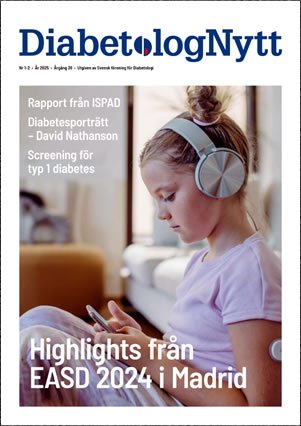Background
In UKPDS stepwise addition of metformin sulfonylurea and basal insulin reduced microvascular complications but A1c rose progressively to > 8.5% and ~65% of individuals required insulin therapy after 10.5 years. Yet metformin add SU add insulin remains the most frequently employed therapeutic recommendation in the US and other countries.
Aim
To compare the efficacy and safety of initiating therapy in new onset T2DM with triple therapy (pathophysiologic-based approach) versus metformin followed by sequential addition of sulfonylurea and basal insulin (treat to fail approach).
Research Design
147 newly diagnosed T2DM (age = 45±1; BMI=36±0.5; A1c = 8.6±0.1%; diabetes duration = 5.6±0.5 mo) were randomized to receive initial combination therapy with metformin (1000→2000 mg/d) + pioglitazone (15→45 mg/d) + exenatide (5→10 μg BID) (Triple Therapy n=71) or escalating dose of metformin (1000→2000 mg/d) followed by sequential addition of glipizide (5→20 mg/d) and then basal insulin to maintain A1c < 6.5% (Conventional Therapy n = 76).
Results
In subjects receiving Triple Therapy HbA1c decreased from 8.6 to 6.1% at 6 mo and remained stable at 6.1% at 24 mo. With Conventional Therapy A1c declined to 6.1% at 6 mo and then increased to 6.6% at 24 mo (p < 0.01). More subjects in Conventional Arm failed to achieve the treatment A1c goal <6.5% (46 vs 22% p<0.0001).
Despite significantly lower A1c Triple Therapy subjects had a 13.6-fold lower rate of hypoglycemia compared to subjects receiving Conventional Therapy.
Lastly Triple Therapy subjects had mean weight loss of 1.2 kg versus 3.6 kg weight gain (p=0.02) in subjects on Conventional Therapy.
Conclusion
Antidiabetic therapy targeting the core metabolic defects (insulin resistance and beta cell dysfunction) responsible for hyperglycemia is more effective and safer than therapy simply aimed at lowering the plasma glucose conc without correcting the underlying pathophysiologic disturbances present in T2DM.
Number 384-OR
Clinical Therapeutics/New Technology – Oral Agents
Oral Sessions
Muhammad A. Abdul-Ghani MD, PhD et al.
University of Texas Health Science Center at San Antonio
Kommentar: Föredragen väckte på ADA stort intresse, speciellt som trippelbehandling genomfördes med signifikant bättre HbA1c, mindre hypoglykemirisk jämfört med traditionell behandling och med mindre negativ effekt på vikten
http://www.eurekalert.org/pub_releases/2013-06/uoth-so3062413.php
http://www.kens5.com/news/local/Triple-therapy-shown-to–144254165.html
Nyhetsinfo
www red DiabetologNytt


